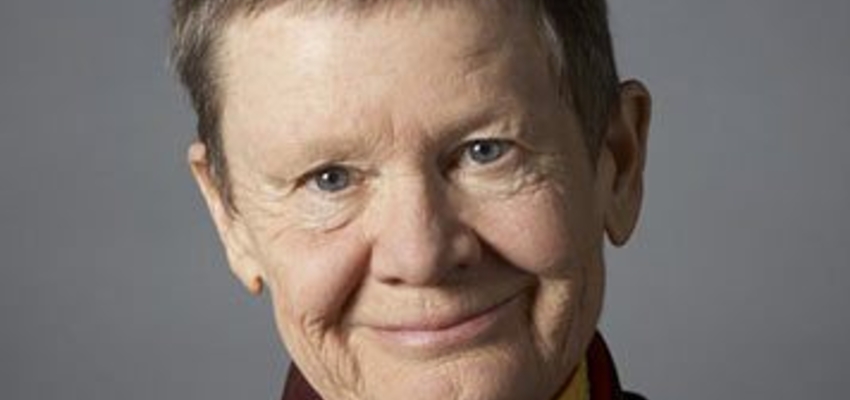
In my own training, I have always been instructed not to get caught up in accepting and rejecting, not to get caught by biased mind. Chögyam Trungpa was particularly emphatic about this. At one time, this presented a question for me: Did it mean I should not have preferences such as liking one kind of flower or one kind of food far better than another? Was it problematic not to like the taste of raw onions or the smell of patchouli oil? Or to feel more at home with Buddhism than with another philosophy or religion?
When I heard the teachings on shenpa [or attachment, getting "hooked"], my dilemma was resolved. The issue isn't with preferences but with the shenpa behind them. If I get worked up when presented with raw onions, if the very sight of them triggers aversion in me, then the bias is deep. I'm clearly hooked. If I start an anti-raw-onion campaign or write an anti-patchouli-oil book or begin to attach another philosophy or religion, then it's shenpa, big time. My mind and heart are closed. I'm so invested in my views and opinions that those who think differently are my adversaries. I become a fundamentalist: one who feels strongly that I am right and who closes my mind to those who think otherwise.
On the other hand, Martin Luther King, Jr., and Gandhi are both examples of how we can take a stand and speak without shenpa. As they demonstrated, being without shenpa does not lead to complacency, it leads to open-mindedness and compassionate action.
Pema Chodron




